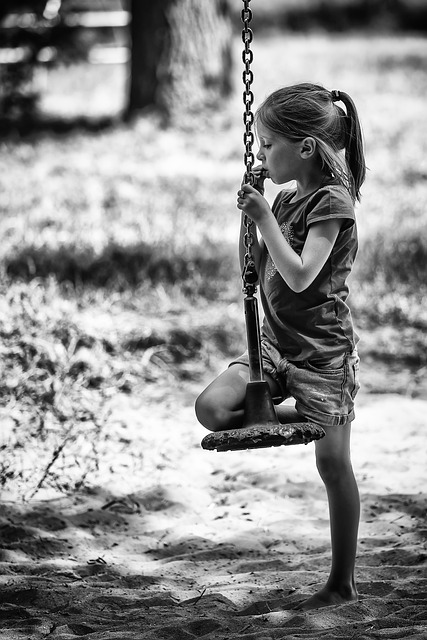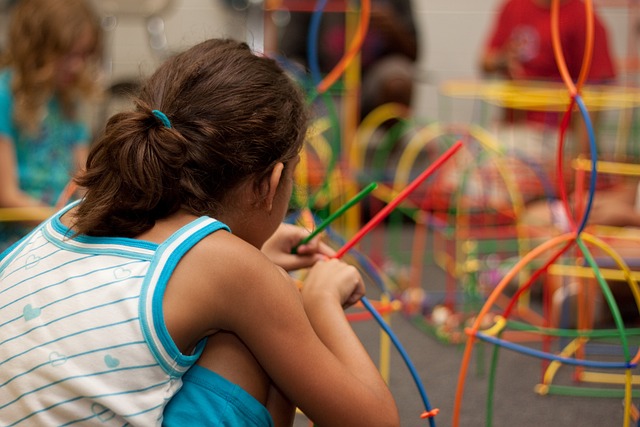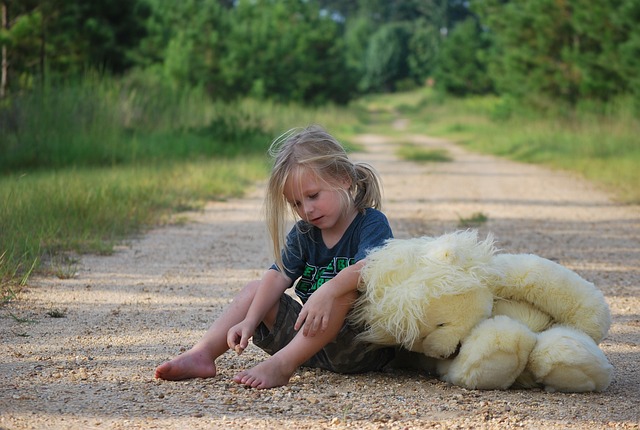
Social skills are essential for children’s emotional and social development, as they enable them to build friendships, express emotions, and navigate social situations. However, some children experience delays in developing these skills, leading to difficulties in making friends and behavioral issues that affect their daily lives. Addressing these concerns early can significantly impact a child’s long-term emotional well-being.
1. Social Skills Delay in Children
A delay in social skills development can manifest as difficulty understanding and interpreting social cues, trouble communicating with peers, or the inability to engage in age-appropriate social interactions. These delays are often noticeable in settings like school or playdates, where children are expected to interact and collaborate with others.
Causes and Signs:
- Developmental disorders: Conditions such as autism spectrum disorder (ASD) and ADHD can contribute to social skills delays. Children may struggle with understanding non-verbal cues, such as facial expressions or body language, which hampers their ability to engage socially.
- Lack of exposure: Children who have fewer opportunities to interact with peers, either due to limited social environments or overuse of technology, may experience delays in their social development.
- Emotional difficulties: Anxiety and low self-esteem can hinder children from initiating or sustaining social interactions.
How to Support:
- Social skills training: Structured programs can help children practice social interactions in a safe environment, building their confidence over time.
- Encourage playdates: Setting up one-on-one or small group playdates provides opportunities for children to engage socially in low-pressure situations.
- Model social behavior: Parents can demonstrate good social interactions at home, teaching their children to take turns, listen, and respond appropriately in conversations.
2. Child Difficulty Making Friends

One of the most concerning outcomes of social skills delays is difficulty making and maintaining friendships. Friendships are crucial for children’s emotional and psychological development, offering them companionship, shared experiences, and emotional support.
Causes and Signs:
- Shyness or introversion: Some children may struggle with initiating interactions due to shyness or introverted tendencies, making it hard for them to connect with peers.
- Social rejection: Repeated negative social experiences, such as being left out or bullied, can discourage children from trying to make friends.
- Trouble understanding social rules: Children who struggle with basic social norms, such as sharing, empathy, or turn-taking, may find it difficult to sustain relationships with their peers.
How to Support:
- Teach social rules: Parents can teach their children the basic rules of friendship, such as listening to others, sharing, and showing empathy.
- Encourage group activities: Participating in group sports, clubs, or community events helps children engage with their peers, providing opportunities to develop and practice friendship skills.
- Monitor peer interactions: Being aware of who your child interacts with and how they behave in social situations can help identify areas where they may need more support.
3. Behavioral Issues and Social Development
Behavioral issues, such as aggression, defiance, or tantrums, can significantly affect a child’s social skills and ability to form friendships. Children exhibiting challenging behaviors may struggle to engage positively with peers, leading to social rejection or isolation.
Causes and Signs:

- Emotional regulation difficulties: Children who have trouble managing their emotions may act out in frustration, anger, or sadness, disrupting social interactions.
- Attention-seeking behavior: Children may engage in negative behaviors as a way to get attention, even if it leads to negative social outcomes.
- Lack of impulse control: Difficulty controlling impulses can result in actions like grabbing toys or interrupting conversations, which can alienate peers.
How to Support:
- Teach emotional regulation: Helping children identify and manage their emotions is key to reducing behavioral outbursts. Techniques such as deep breathing, timeouts, or talking through feelings can be effective.
- Set clear boundaries: Establishing and enforcing consistent rules helps children understand acceptable behavior. Praise positive behavior to encourage more of it.
- Seek professional help: If behavioral issues persist, professional intervention through therapy or counseling may be beneficial in addressing underlying emotional or developmental concerns.
Conclusion
Social skills delays, difficulties in making friends, and behavioral issues are interconnected challenges that many children face. Early intervention and a supportive environment are essential for helping children navigate these difficulties. Through structured activities, parental involvement, and professional guidance, children can develop the necessary skills to build friendships and manage their behavior, fostering a healthier and more successful social life.
By addressing these challenges early on, parents can ensure that their children develop the social competencies needed to thrive in various environments, from the classroom to the playground, and beyond.

